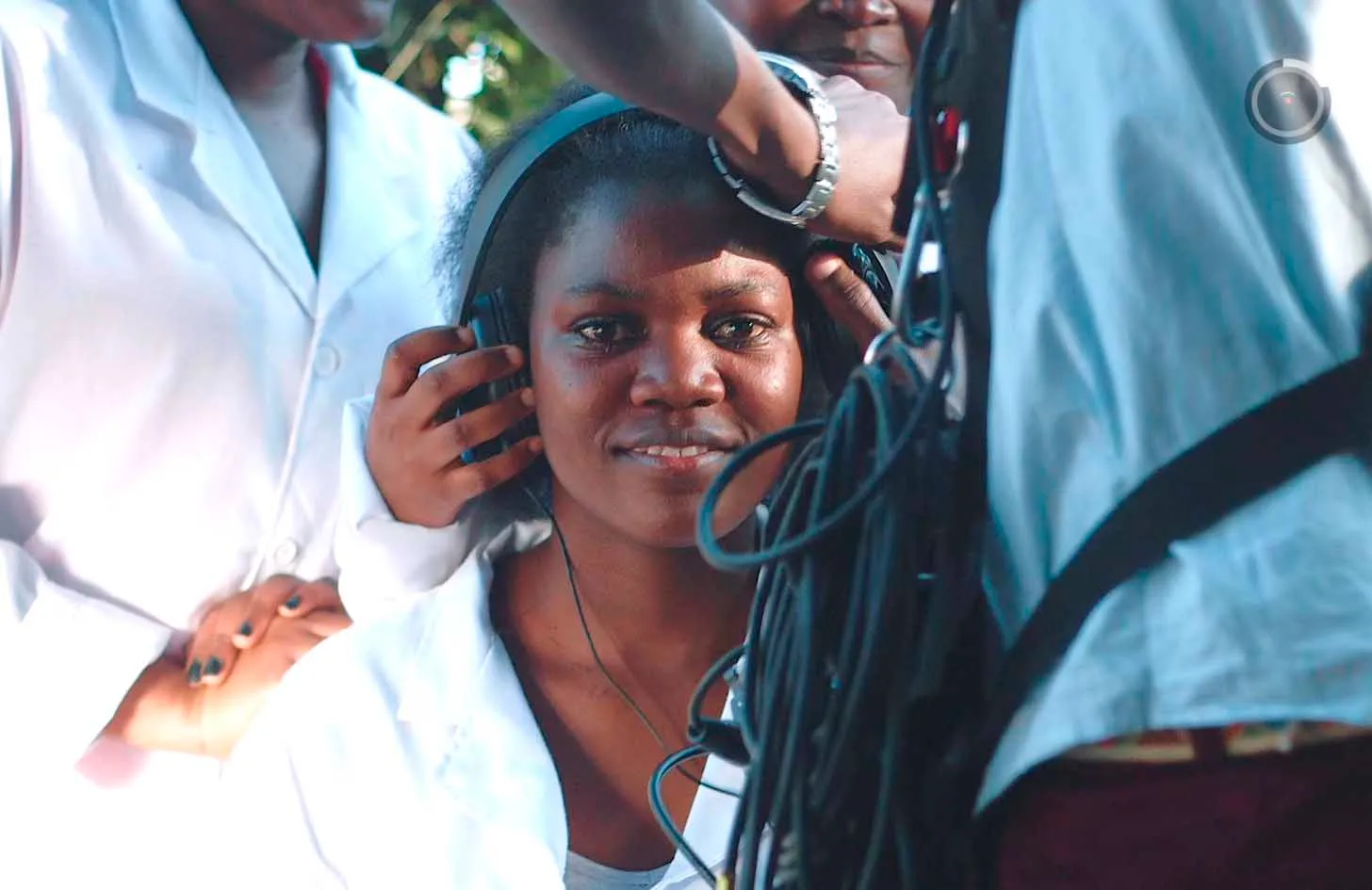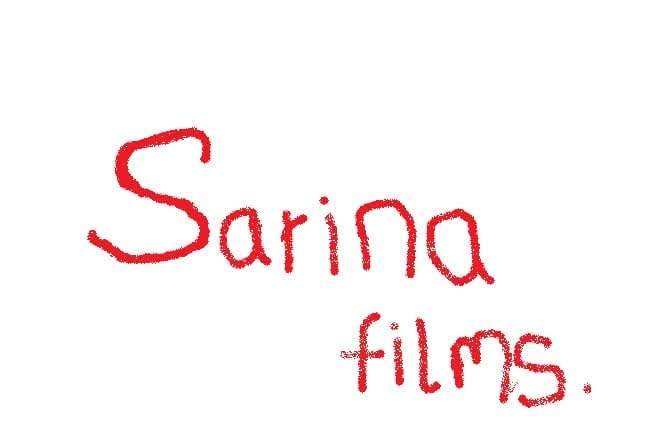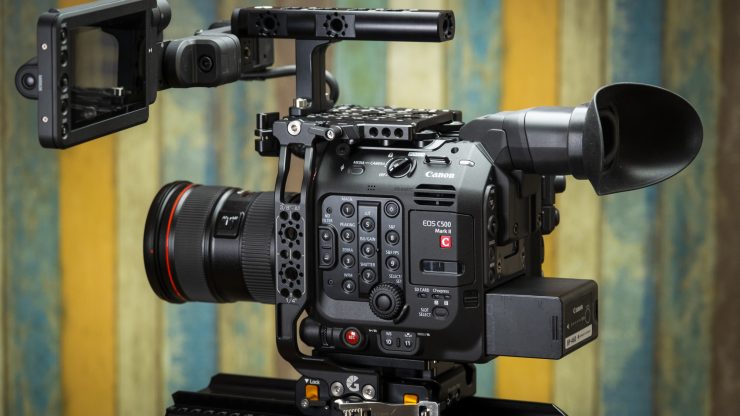
Filming in Kenya: How to Film Successfully
Filming in Kenya is an easy and straightforward process. You get the perfect locations, good weather, easy government application procedures and a vast number of skilled videographers and producers to work with. Equipment is easily accessible, and the Kenya Film Commission (KFC) is working to see that Kenya's film industry is recognized as a potential employer and a main contributor to the economic growth of the country. Below is a detailed guide to help you plan your filming in Kenya.
Permit Processing Time
48 Hours - 2 Days (Avg)
Ease of Filming
- EasyBest Times to Film
June - October, December - February
Kenya's Filming Requirements: A Step by Step Guide
1. Apply For Filming Permit

To film in Kenya, start by applying for a filming permit. You will need to write a letter to Kenya Film Classification Board requesting for the permit. Fill an application form and submit it to KFCB offices at Nairobi Cinema through an approved local film agent accompanied by the following documents:
- a) A synopsis and screenplay for applications for short films, TV series, and full-length feature film.
- b) A synopsis, screenplay, treatment, script outline, running order or storyboard for applications for documentary, TVC/ advertisement, music video, corporate video, infomercial, travelogue, docudrama, testimonial, feature etc.
Filming permits for TV Series and full-length feature films are processed within 48 hours upon receipt of a complete application whereas permits for short productions are processed within 10-25 minutes. It's a transparent and easy process. You can get a the application template from the downloads section of this guide.
2. Obtain A Special Pass
International filmmakers intending to undertake filming activities in Kenya are required to obtain Special Passes from the Department of Immigration Services.
This is authorization issued to a foreigner who wishes to enter and remain in Kenya for a period not exceeding 6 months, for the purpose of temporarily conducting business, trade, or profession. It costs $200/ month and is gratis for East African Community Member States.
3. Pay Customs and Import Duty
In the national budget of 2009, Kenya removed the import duty on Television Cameras, Digital Cameras and Video Camera Recorders. They also grant a one hundred percent (100%) Investment deduction on Capital Expenditure incurred by a film producer or purchase of any filming equipment.
Filming equipment may be allowed into the country on a temporary basis. The importer must make an application to the Commissioner of Customs for permission to enter the equipment on temporary importation and:
a) Undertake to export the equipment within such period not exceeding twelve months from the date of importation. However, this period may be extended on application to the Minister for Finance through the Commissioner of Customs.
b) Pay a non-refundable fee of 1% of the value of the goods or KES 30,000 (~ $250) whichever is lower to Kenya Revenue Authority.
4. Apply For ETA Visa
All visitors including infants and children who intend to travel to the Republic of Kenya must have an approved Electronic Travel Authorization (eTA) before the start of their journey. Applicants shall visit the eTA website to make applications.
All travelers must apply and pay for an ETA at least three days before their trip to Kenya, unless they are citizens of an exempted country. All African countries are exempt apart from Libya and Somalia.
5. Find Licensed Film Agent
All expatriate filmmakers MUST be facilitated by a Local Film Agent. In this regard, the Kenya Film Classification Board (KFCB) Accredits Local Film Producers as agents, who will facilitate film permit applications and assist you with location scouting, transport, hotel reservation, film outsourcing. VideoPro Africa finds and vets film producers on your behalf. Find the list of accredited and trusted producers in Kenya that can assist you with all filming needs.
6. Kenya Wildlife Services (If Needed)
Filming in National Parks and National Reserves is managed by Kenya Wildlife Services (KWS). The service has the overall responsibility for administration, regulation and co-ordination of all transactions in wildlife and their products.
Visit KWS Website for more information. The permit costs about KES 20,000. Your application will include the application letter, the Film Agents' license and KFCB film permit.
Film Permit Filming Fees (In KES)
(i) Documentaries; short dramas; short features ……5,000.00
(ii) Full-length feature film; TV Series……15,000.00
(iii) Filming fees per day………………1,000.00
(iv) Film Agent Registration……………….12,000.00
(v) Annual Film Agent renewal …………….12,000.00
Kenya's Popular Locations
Kenya is a country full of different and beautiful places ideal for filming. It has beaches on the coast with palm trees, white sand, coral reefs, and swampy river areas. Then there’s Tsavo, a huge wild place with flat grasslands, hills, volcanoes, and awesome waterfalls called Lugard Falls.

In Tsavo, you’ll find Mzima Springs. There’s a spot underwater where you can watch hippos swim. Amboseli is another area with big open plains and a clear view of Mount Kilimanjaro, Africa’s tallest mountain. It looks amazing in the morning when elephants walk across and the mountain turns purple with pink snow. In Samburu, you can see red sunsets with palm trees and leopards hunting, while the dry north has a river called Ewaso Nyiro flowing through tough, pretty land where nomadic people move with their camels.
Kenya also sits on the Great Rift Valley, a giant crack in the earth that runs from Jordan to Mozambique. This area has lakes like Naivasha, which is full of birds, Nakuru with its pink flamingos, Bogoria with steam vents, and Turkana, a super long lake with crocodiles. There are forests too, like the thick Kakamega jungle in the west, the misty Aberdares in the center, and Mount Kenya’s woods with glaciers. You can get great views from the western highlands, Mount Elgon near Uganda, and Shimba Hills, which look all the way to the ocean. Kenya has wildlife, beaches, mountains, and different cultures, making it a great spot for filming because it’s got so much to offer.
Is Filming in Kenya Safe?
The production must follow the law to keep everyone safe and healthy by taking practical steps, following rules like The Occupational Safety and Health Act, 2007 (OSHA). A medic or someone trained in first aid must always be on set during filming. The production needs to provide proper protective clothing for the cast and crew when needed. If explosives are used, they must be supervised by the Directorate of Mines, Explosives Inspectorate. If fire is used, it must be managed by the Disaster Management Departments in the local County Governments.
Filming in Kenya can be safe if you plan carefully and stick to local rules. It’s important to understand any risks and take action, like getting permits and being cautious around restricted or sensitive areas.
Filming Wildlife in Kenya
To film wildlife in Kenya’s National Parks, you need a permit from the Kenya Film Commission—submit a letter, form, script, and schedule. It costs Ksh. 5,000 ($50) for small projects or Ksh. 15,000 ($150) for bigger ones, processed in a few days.
You also need a Kenya Wildlife Service (KWS) permit:
- Ksh. 8,000 ($80) for up to 5 people,
- Ksh. 12,000 ($115) for 6-10, or
- Ksh. 20,000 ($200) for over 10, for a week.
Foreign crew require an Immigration special pass, around Ksh. 2,000 ($20) each.
Park entry fees are about $70/day per person, plus Ksh. 400 ($4) daily for a liaison officer.
Equipment fees are 1% of its value or Ksh. 30,000 ($300), whichever is less. Apply online or in person and pay the fees.
Filming with Drones in Kenya
All drones (Unmanned Aircraft Systems or UAS) must be registered with the KCAA before you can use them in Kenya, no matter the size or purpose. As a foreigner, you need to apply for this through the KCAA, providing details like your identity, the drone’s specs (make, model, serial number), and proof of ownership.
You can’t just bring a drone into Kenya. You need an import permit from the KCAA first. This involves submitting an application with your drone’s details and purpose (like filming), and they’ll issue a permit if approved. Without it, customs won’t let your drone in.
To fly a drone for filming, you need a Remote Pilot License (RPL) from the KCAA. Foreigners can apply, but you’ll need to show you’re trained—either with a certificate from a KCAA-approved school or a valid license from your home country that meets international standards (ICAO). If your foreign license isn’t recognized, you might need to take a test or training in Kenya
You can only fly drones in daylight and where you can see them directly—no flying beyond visual line of sight (BVLOS) unless you get special approval. You can’t fly above 400 feet or near people (less than 50 meters away) or crowds unless authorized. Filming in restricted areas like National Parks or near airports (within 10 km) is banned without permission
For filming in places like National Parks or for commercial purposes (like a movie), you need extra approval from the KCAA and possibly other authorities, like the Kenya Wildlife Service. You’ll apply with details of your flight plan, location, and purpose. They might say no if it’s risky or sensitive
You must have third-party liability insurance for your drone. This covers damage or injury it might cause while filming. Foreigners need to show proof of this insurance when registering or applying for permits.
Breaking these rules—like flying without a license or in a no-fly zone—can get you fined up to Ksh. 1 million ($10,000) or jailed for a year, or both. They can also confiscate your drone.
More About Visas and Work Permits
Foreigners planning to visit Kenya need to apply for an Electronic Travel Authorization (eTA) before they arrive, unless they’re from an East African Community country. You do this online at www.etakenya.go.ke.
You need a passport valid for at least 6 months, your flight details, and where you’re staying (like a hotel booking or an invitation letter if with friends). It costs $30, paid by card, and takes about 3 days to get approved, so don’t leave it to the last minute. If you’re coming from a place with yellow fever risk, you’ll also need a certificate showing you’re vaccinated. Once you get the eTA, print it or keep it on your phone to show when you land.
Filming in Public Places
Kenya’s making it simpler to film in public by getting rid of fees for shooting in places like the Central Business District (CBD) and towns. You don’t have to pay anything extra to use your camera on streets or in open public areas now. It’s a move to help filmmakers, whether local or from outside, so they can record everyday life in Kenya.
You still need a filming license from the Kenya Film Commission (KFC) and will handle safety yourself. Think of hiring private security if there’s a crowd to keep things under control.
Kenya's Unique Weather
Kenya’s weather is pretty varied because of its geography, and that’s what makes it stand out for filming. It sits on the equator, so it's just wet and dry seasons.
The coast, like Mombasa, is hot and humid all year, with temperatures around 25-30°C (77-86°F), perfect for beach shoots with steady sunlight. Inland, places like Nairobi sit higher up at 1,700 meters (5,577 feet), so it’s cooler, averaging 20-25°C (68-77°F), and feels mild most days.
The dry season (June to October) brings clear skies and less rain, while the wet seasons (March to May and October to December) can mean muddy roads but lush, green landscapes.
Up north, it’s arid and hot, hitting 35°C (95°F) or more, and in the highlands like Mount Kenya, it drops to 10-15°C (50-59°F) with even some snow at the top.
Kenya's Filming Checklist
Common Languages
- English
- Swahili
- Sheng (slang)
Kenya's Government Agencies
Application Template Downloads

Do It Yourself 💪🏽
Find Producers in Kenya
More About Filming in Kenya
Contact VideoPro to Help You with Filming in Kenya
Frequently Asked Questions
The most commonly asked questions about filming in Kenya
What are the most popular filming locations in Kenya?
Some of the most popular filming locations in Kenya include Maasai Mara National Reserve, Tsavo East and West National Parks, Nairobi National Park, and Lamu Island.What are the best times of year to film in Kenya?
The best times of year to film in Kenya are usually between January and March, and between June and October, when the weather is dry and sunny.Are there local production companies in Kenya that I can hire?
Yes, there are several local production companies in Kenya that offer a wide range of services, including location scouting, equipment rental, casting, and crew hiring.What kind of equipment is available for rental in Kenya?
There are several rental companies in Kenya that offer a wide range of equipment, including cameras, lenses, lighting, and sound equipment. It is recommended to consult with a local production company or a production service provider for assistance with equipment rental.What permits do I need to obtain to film in Kenya?
Depending on the nature of your project, you may need to obtain permits from several authorities, including the Kenya Film Commission, the Ministry of Tourism and Wildlife, and the Kenya Wildlife Service. It is recommended to consult with a local production company or a production service provider for assistance with obtaining the necessary permits.Are there any tax incentives for filming in Kenya?
Yes, there are tax incentives available for film productions in Kenya, including a 30% cash rebate incentive for productions that meet certain criteria. It is recommended to consult with the Kenya Film Commission for more information on the available incentives and eligibility criteria.Professional Video Producers For Filming in Kenya
Connect with pre-vetted skilled video producers in Kenya.
Tell us about your project, and we’ll connect you with the right team
Get help finding crew, processing licenses, getting gear and navigating filming across Africa

We are Africa's Most Trusted Video Fixers



